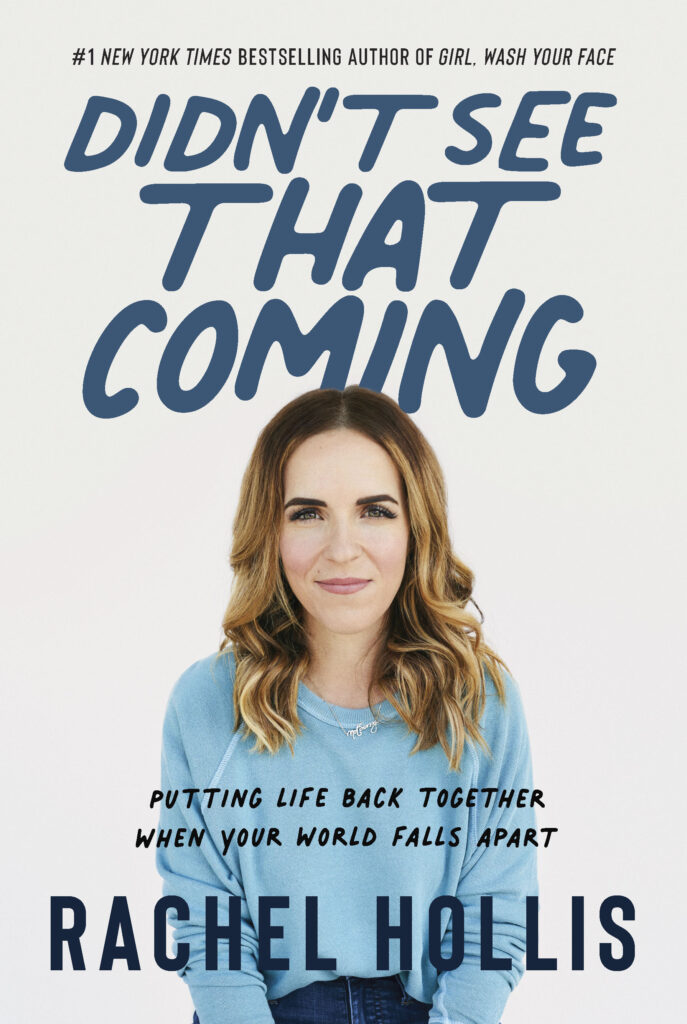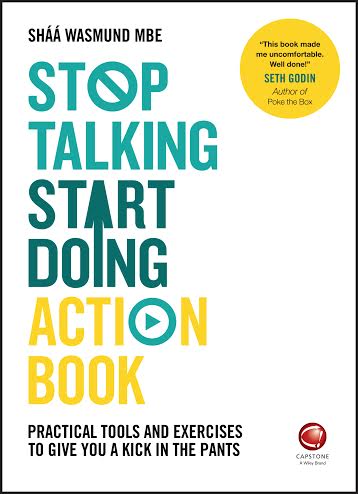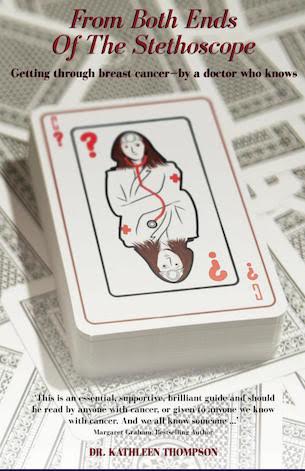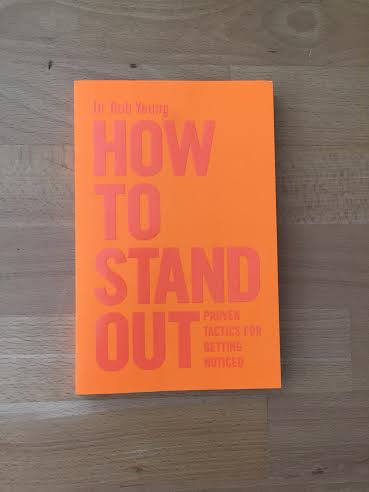 Two-thirds of Britons are relying on a “dream” cash windfall to clear personal debt, new research shows.
Two-thirds of Britons are relying on a “dream” cash windfall to clear personal debt, new research shows.
One-in-three people believe they will land a major pay rise, win the lottery, make a fortune at the bookies, or inherit enough money to wipe the financial slate clean at some point in the future.
The majority freely admit that the likelihood of actually netting a large amount of cash unexpectedly is “improbable”.
But most continue to borrow or live beyond their means on the assumption that “the biggie”, when it comes in, will pay-off all outstanding loans, overdraft and credit card debt in one fell swoop.
Less than half of those in debt have sought professional advice about debt consolidation schemes or other repayment options, with the majority relying on non-qualified friends and family for guidance.
The poll of nearly 1,000 adults was conducted by the personal debt expert DDnard (corr), as part of an ongoing international study into borrowing behaviour.
DDnard, a Thai author whose self-help books on the subject have sold over 1.4million copies worldwide, describes those dreaming of a windfall as ‘flying ostriches’.
“It is clear that some borrowers either have their heads in the sand, or their heads in the clouds. Many do both,” she said.
“They either shy away from reality in the hope that it goes away, or they daydream about extraordinary ways in which it will be paid on their behalf.
“The sad fact is that, for most people at least, cash windfalls never materialise and those in debt must face the music and tackle the issue head-on. This is the only way to reduce personal debt and have a guaranteed debt-free future.”
Of the 921 adults questioned, 68 per cent said they were relying on an unexpected windfall. Of those, 19 per cent were hoping for a “major pay rise”, 13 per cent were counting on winning the lottery (13 per cent), and five percent were praying for a good streak at the races.
The majority were hoping for an inheritance (56 per cent), while seven per cent were reliant on the sale of their house of other valuable asset).
Less than a quarter (21 per cent) genuinely believed a windfall was probable, with 28 per cent and 51 per cent admitting it was either “possible” or “improbable” respectively.
Some 13 per cent said had not obtained professional advice because they were “unsure who to ask”, while the majority (48 per cent) seek financial advice from friends or family.
Only 39 per cent of those who were “struggling” with unsecured debt had sought professional advice from a bank or third party expert.
Food, school clothing, utility bills and other basic necessities accounted for 38 per cent of respondents’ debt.
But the remainder went into the red by purchasing “non-essentials” like expensive presents and home improvements, and by buying “extravagances” such as new cars and family holidays.
In total, 59 per cent admitted they could improve the way they handle money to avoid debt in the future. Almost the same number (41 per cent) said the cost of living is so high that personal debt is “all but unavoidable from time to time”.
The straw poll found that the overwhelming majority (56 per cent) of respondents blamed the ease at which they could obtain additional credit cards, transfer money to pay their balances, overdrafts and loans had contributed to the problem.
Others blamed the pressure of living in a “must-have” consumerist environment (16 per cent), the “buy now, worry later” mentality of peers or family (19 per cent), the desire to “live like a celebrity” (six per cent), and even the belief that buying things “made me happy” (three per cent).
Author and personal finance expert DDNard clawed her way back from a £2million debt following the unexpected death of her husband, a diamond magnate.
The self-help guru, whose new book The Compass of Now has just been released in the UK, said overcoming a mountain of debt isn’t easy, but that can be achieved by taking “one small step at a time”.
“This generally begins by accepting that you have a problem, or that one looks set to arise,” she said. “Once you are able to fully acknowledge a potentially problematic situation, you are better prepared to go about reversing it.
“The golden rule with debt, however small or large it might be, is not to bury your head in the sand and rely on a miracle – or a million-pound cash windfall. Seek expert advice and take matters into your own capable hands.”
The Compass of Now by DDnard (Life Compass Co., Ltd.) is available now.
 Didn’t See That Coming could be the slogan for 2020 and this book is the essential read to help us all through it. Written with searing honesty, Rachel Hollis has wisdom in spades and she is here to share it. Rachel has suffered trauma and grief and now she has a blueprint to get through to the other end. Rachel Hollis is a truly inspirational person and if we all had her attitude and resilience the world would be a better place and we would all be much happier. Get your hands on a copy of Didn’t See That Coming and improve your life forever.
Didn’t See That Coming could be the slogan for 2020 and this book is the essential read to help us all through it. Written with searing honesty, Rachel Hollis has wisdom in spades and she is here to share it. Rachel has suffered trauma and grief and now she has a blueprint to get through to the other end. Rachel Hollis is a truly inspirational person and if we all had her attitude and resilience the world would be a better place and we would all be much happier. Get your hands on a copy of Didn’t See That Coming and improve your life forever. 






